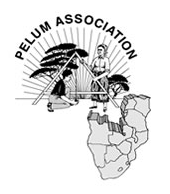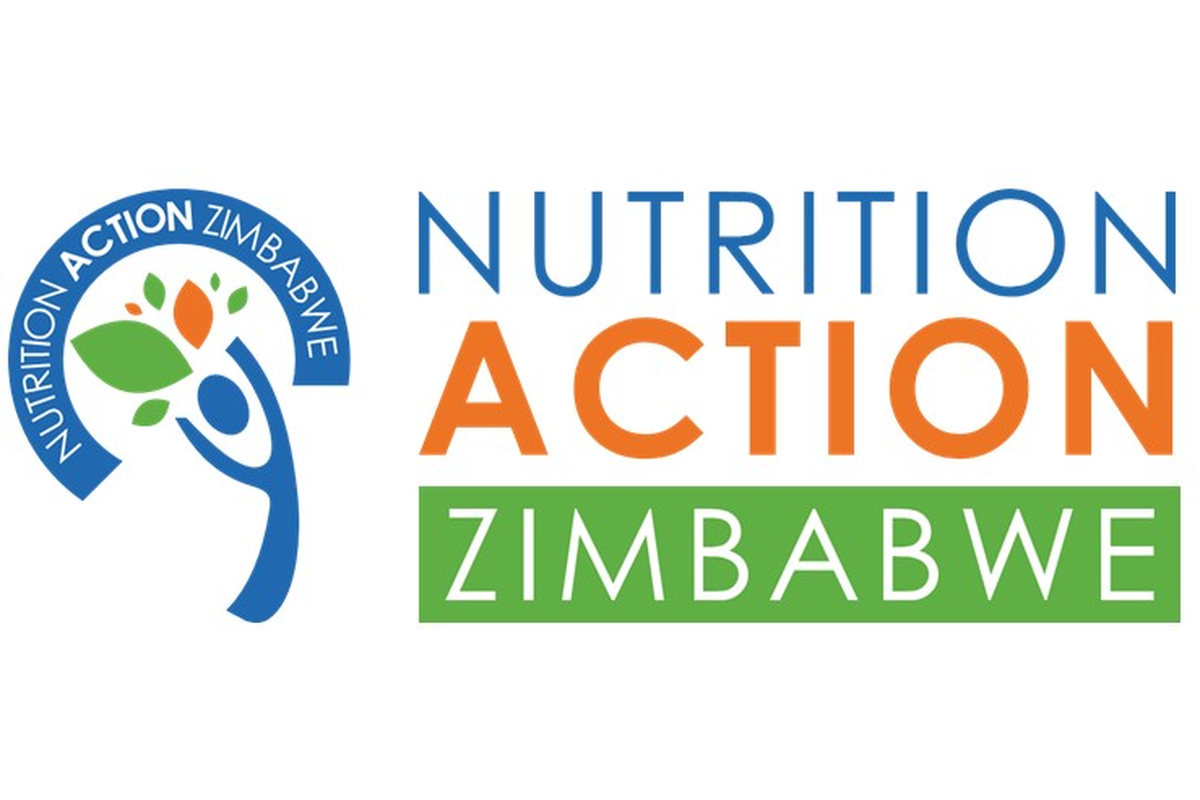Terms of Reference ; Baseline Survey: Strengthening the Civil Society Regional Partnerships in favour of the ratification, domestication and implementation of the African Disability Protocol (ADP) i…
Job Description
Terms of Reference
Baseline Survey
Strengthening the Civil Society Regional Partnerships in favour of the ratification, domestication and implementation of the African Disability Protocol (ADP) in Malawi, Zambia and Zimbabwe.
1.0 Introduction
Leonard Cheshire Disability Zimbabwe (LCDZ) wishes to engage qualified and experienced consultant(s) to conduct a baseline study for the project – Strengthening the Civil Society Regional Partnerships in favour of the ratification, domestication and implementation of the African Disability Protocol (ADP) in Malawi, Zambia and Zimbabwe. LCDZ is leading the implementation of the project with co-funding from European Union (EU) delegation to Zambia and Common Market for Eastern and Southern Africa (COMESA). The co-implementing partners are, Development Aid from People to People (DAPP) Malawi; DAPP Zambia; DAPP Zimbabwe; Cheshire Homes Society Zambia (CHSZ); and Human Rights of Women and Girls with Disabilities in Malawi (WAG).
Leonard Cheshire Disability Zimbabwe (LCDZ) is a non-profit making disability service organisation registered as a Private Voluntary Organisation (PVO 36/80). The organisation envisions a society in which every person with a disability can enjoy their rights and can fulfil their potential. Its mission is to enable persons with disabilities to improve their quality of life and to campaign for the removal of the barriers which hinder them. LCDZ values and promotes a culture of disability inclusion, openness and self-sustenance through implementation of various projects.
2.0 Overall Objective of the Action
The overall objective of the action is to contribute towards enjoyment of human rights and other fundamental freedoms by all persons with disabilities in Malawi, Zambia and Zimbabwe.
2.1 Specific Objectives of the Action
a. To contribute to expediting the ratification, domestication and implementation of the African Disability Protocol (ADP) and associated instruments by the governments of Malawi, Zambia and Zimbabwe.
b. To strengthen Organisations of Persons with Disabilities (OPDs) and Civil Society Strengthening (CSOs) internal governance, transparency and organisational support functions to execute their mandates in Malawi, Zambia and Zimbabwe.
c. To improve participation of OPDs and Community Based Organisations (CBOs) to elevate disability inclusion issues in the development processes and implementation of rights of all Persons with Disabilities (PwDs) in Malawi, Zambia and Zimbabwe.
Duties and Responsibilities
3.0 Background to the Action
The African Disability Protocol (ADP) is the African human rights treaty adopted by the African Union in 2018. It is a legal framework that stands as the premier Pan-African human rights treaty crafted to tackle the diverse forms of discrimination impacting persons with disabilities on the continent, encompassing harmful practices, beliefs, and superstitions. It ensures that no one is left behind. Although the governments of Zimbabwe and Malawi ratified the ADP, the government of Zambia has not. None of the countries have domesticated and implemented the protocol. Therefore, the lack of ratification of the ADP in Zambia and the lack of its domestication and implementation in the target countries has had negative impact on persons with disabilities.
In Malawi, Zambia and Zimbabwe, there are challenges associated with the state, civil society, and the public that are hampering the expedition of ratification, domestication, and implementation of the ADP. Lack of political will is one of the major setbacks in the ratification (in Zambia), domestication, and implementation of ADP in 3 target countries. There is also a significant gap both in the public awareness of the ADP and an appreciation of its value. This gap was confirmed in the 2020 survey on “Domestication and Implementation of African Union Treaties” which found that in 50% of cases, there is a lack of political will and demonstrates ignorance of treaty benefits, especially the ADP. These inadvertently result in weak public ownership and a slow pace of domestication and implementation of the protocol. To change this course, the role of persons with disabilities and OPDs in promoting and advocating for ratification, domestication and implementation of the ADP is imperative. There is a lack of established and functional platforms to sensitize persons with disabilities and their families, OPDs, CSOs, and academia on the role and mechanism of the ADP; as a result, there is inadequate public awareness of the ADP. Although in some cases awareness of disability inclusion platforms has been taking place, there are no functional platforms for raising awareness about ADP among persons with disabilities, OPDs and CSOs. Policies supporting the participation of persons with disabilities and their families and OPDs in all matters that affect them are in place, but evidence suggests that enforcement across the three target countries is limited, and the initiatives of various OPDs and CSOs towards engaging their respective governments to push for domestication and implementation of ADP are not harmonized (UNICEF, 2023).
4.0 Strategies of the Action
The action will adopt a human-rights, participatory, gender transformative and partnership approach to ensure PWD and their communities know and claim their rights. It recognizes the CRPD and ADP as key references, viewing PWD as rights holders who can demand entitlements from duty bearers, including governments, local authorities, CSOs, CBOs, and OPDs. Gender transformative programming will ensure the needs of women and girls with disabilities are addressed, enhancing the action's inclusivity and gender sensitivity. Capacity strengthening aimed at building the institutional capacity of CSOs and OPDs to engage with duty bearers at local and country level will be implemented. Helping to mobilize grassroots structures, especially women and youth with disabilities, and enhancing their advocacy skills through training will enable them to participate in governance and decision-making processes. Furthermore, the action will build capacity of duty bearers - government line ministries, parliamentarians, academia and parliamentary portfolio committees on disability - on the CRPD and ADP to improve their disability rights knowledge. The increase in human rights knowledge and awareness among rights holders and duty bearers is an important step in the ratification and domestication of ADP. To achieve this, the action will use public awareness raising; development of relevant IEC Material; use of mainstream and social media; dialogue meetings with relevant decision makers (legislators) and policy analysis, briefs and research
5.0 Impact of the Action
It is expected that PwDs will increase their awareness of rights, strengthen their networks, and amplify their voices, while also improving their technical and management capacities through targeted training and support. OPDs will enhance their representation and participation while boosting their technical and management capacities through targeted training, mentorship, and support for digital and media advocacy. CSOs will strengthen their role in disability inclusion and advocacy, while enhancing their technical and management capacities through training, support for digital engagement, and the establishment of online forums. Legislators and duty bearers are expected to increase their understanding and effectiveness in implementing disability rights, while also enhancing their technical and management capacities through targeted training on their roles and responsibilities in law making and service delivery.
5.1 Outcomes of the Action
a. Ratification, domestication and implementation of the African Disability Protocol (ADP) and associated instruments by the governments of Malawi, Zambia and Zimbabwe.
b. Strengthened OPDs and CSOs internal governance, transparency and organisational support functions to execute their mandates in Malawi, Zambia and Zimbabwe.
c. Participation of OPDs and CBOs to elevate disability inclusion issues in the development processes and implementation of rights of all PWD in Malawi, Zambia and Zimbabwe.
6.0. Purpose of the Baseline Study
The baseline study seeks to measure the status of all the logframe indicators and assumptions in line with the specific objectives of the action.
6.1 Objectives of the Baseline Study
The specific objectives of the baseline study are:
a. Assess the existing policy frameworks, gaps, and opportunities for promoting ADP ratification, domestication, and implementation.
b. Evaluate the institutional capacity, resources, and operational effectiveness of OPDs and CSOs working on disability rights.
c. Measure the level of human rights awareness, civic engagement, and inclusion of PWD in decision-making structures.
6.2 Methodology
The consultant is expected to propose a suitable methodology, which will include both quantitative and qualitative approaches.
Qualifications and Experience
6.5 Baseline Study timeline
The entire baseline study process is expected to take a maximum of 30 days.
7.0 Consultancy Fee and Payment Terms
The Consultancy fee will be paid in United States Dollars, with 60% payment upon signing the contract and the remaining 40% after the approval of the submitted final report.
8.0. Required Qualifications and Expertise for Lead Consultant /Entity
The Lead Consultant shall have the following qualifications and expertise:
• A minimum of a post-graduate University degree in Development Studies, Social Sciences, Monitoring and Evaluation, Disability Inclusion, or equivalent.
• At least five years’ work experience in development work and a minimum of three years of consulting experience as a team leader.
• Knowledge of the African Disability Protocol (ADP) and current trends in disability programming in Malawi, Zambia and Zimbabwe will be an added advantage.
• Experience in participatory methods of research, gathering and synthesizing the perspectives of persons with disabilities from different constituency groups.
• Good knowledge of gender mainstreaming and inclusion issues.
• Strong interpersonal skills.
• At least three similar assignments completed (with support letters from the clients).
How to Apply
Similar Listings

CALL FOR CONSULTANCY SERVICES Fundraising Capacity Building & Organisational Sustainability Consultant.
PELUM (Participatory Ecological Land Use Management Association) — Harare

TERMS OF REFERENCE CONSULTANCY FOR THE DEVELOPMENT OF THE NUTRITION ACTION ZIMBABWE (NAZ) STRATEGIC PLAN (2026–2030)
Nutrition Action Zimbabwe ~~ 0 — Harare

Development of a Training Manual to Mainstream Gender Inclusion, Transparency, and Accountability
Unknown — Unknown

Development of alternative clauses of the Climate Change Management Bill
Unknown — Unknown

Location: Harare
Company: Leonard Cheshire Disability Zimbabwe
Expiry Date: 2025-10-31 00:00:00
